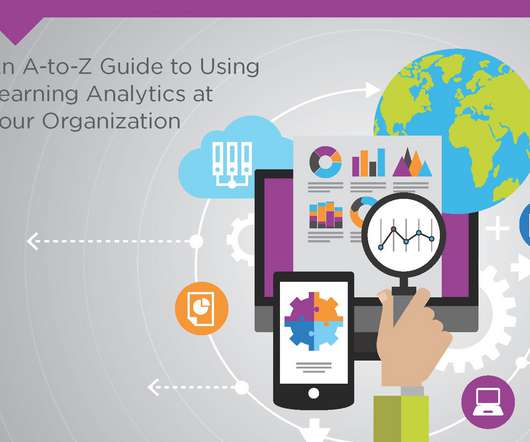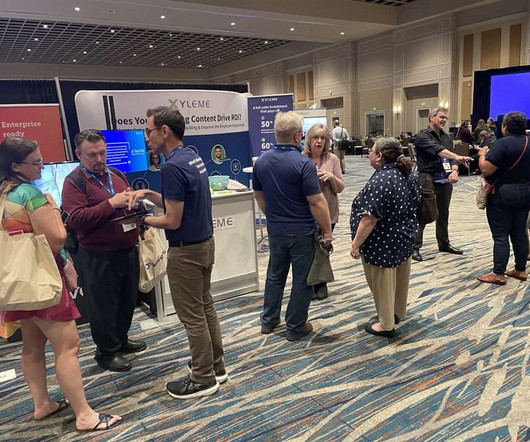Do You Know How to Create an Actionable Learning Strategy?
CLO Magazine
APRIL 19, 2017
For another, when they do review and/or develop learning strategies, those strategies don’t always mesh well with business priorities. It’s higher where all learning activities are separate from the HR function with different reporting lines to the C-suite. Learn about future growth intentions.















































Let's personalize your content